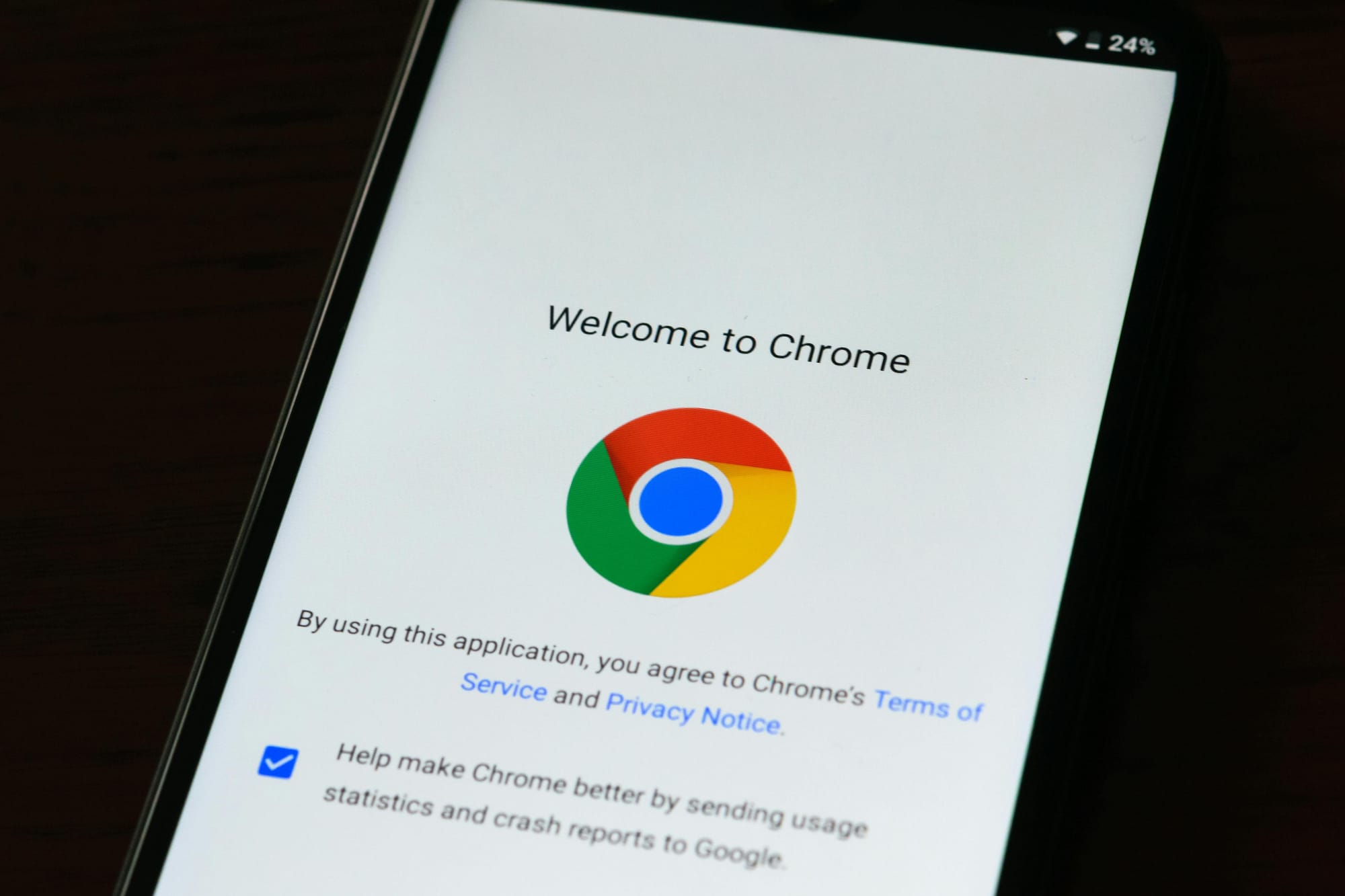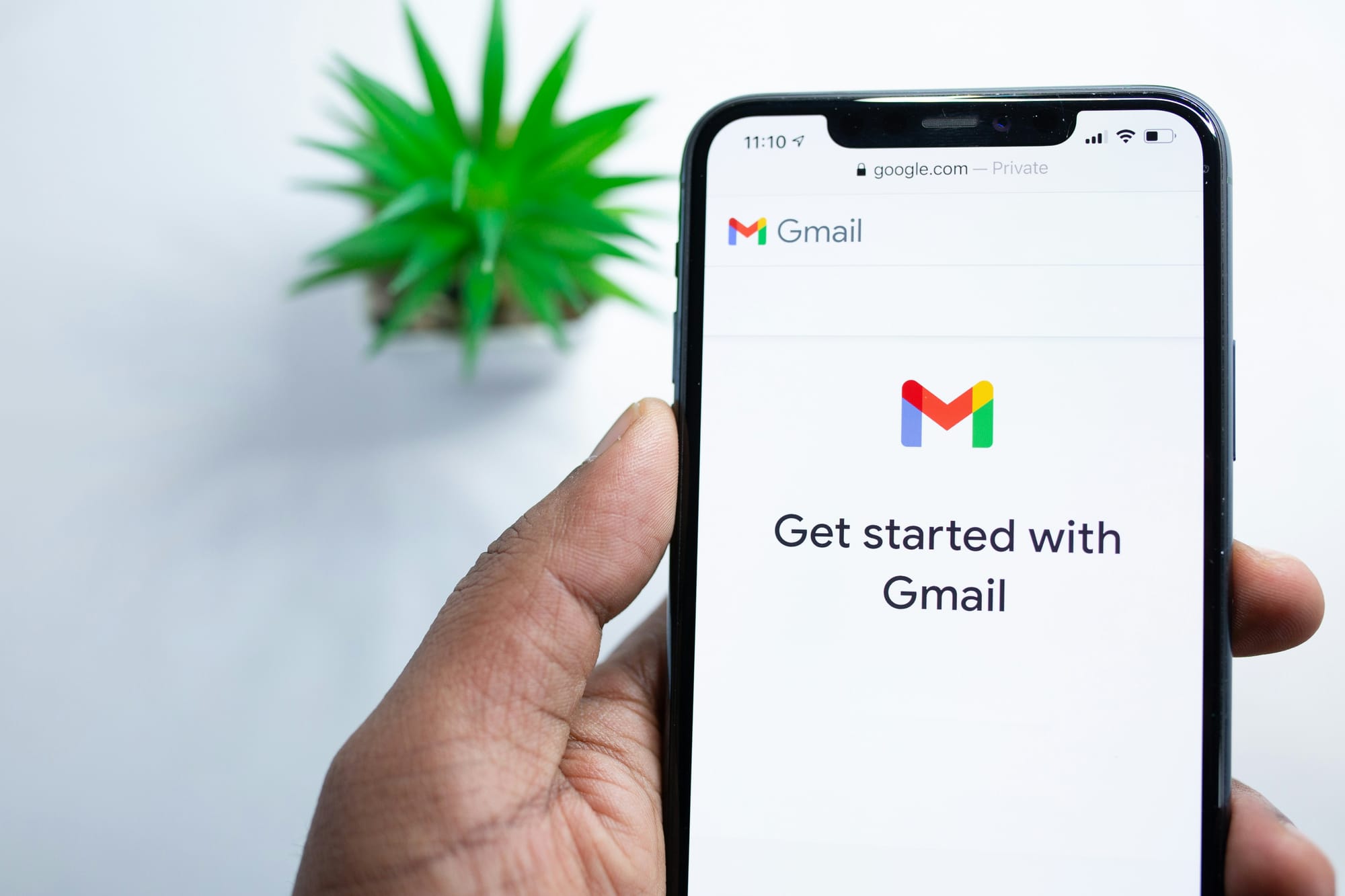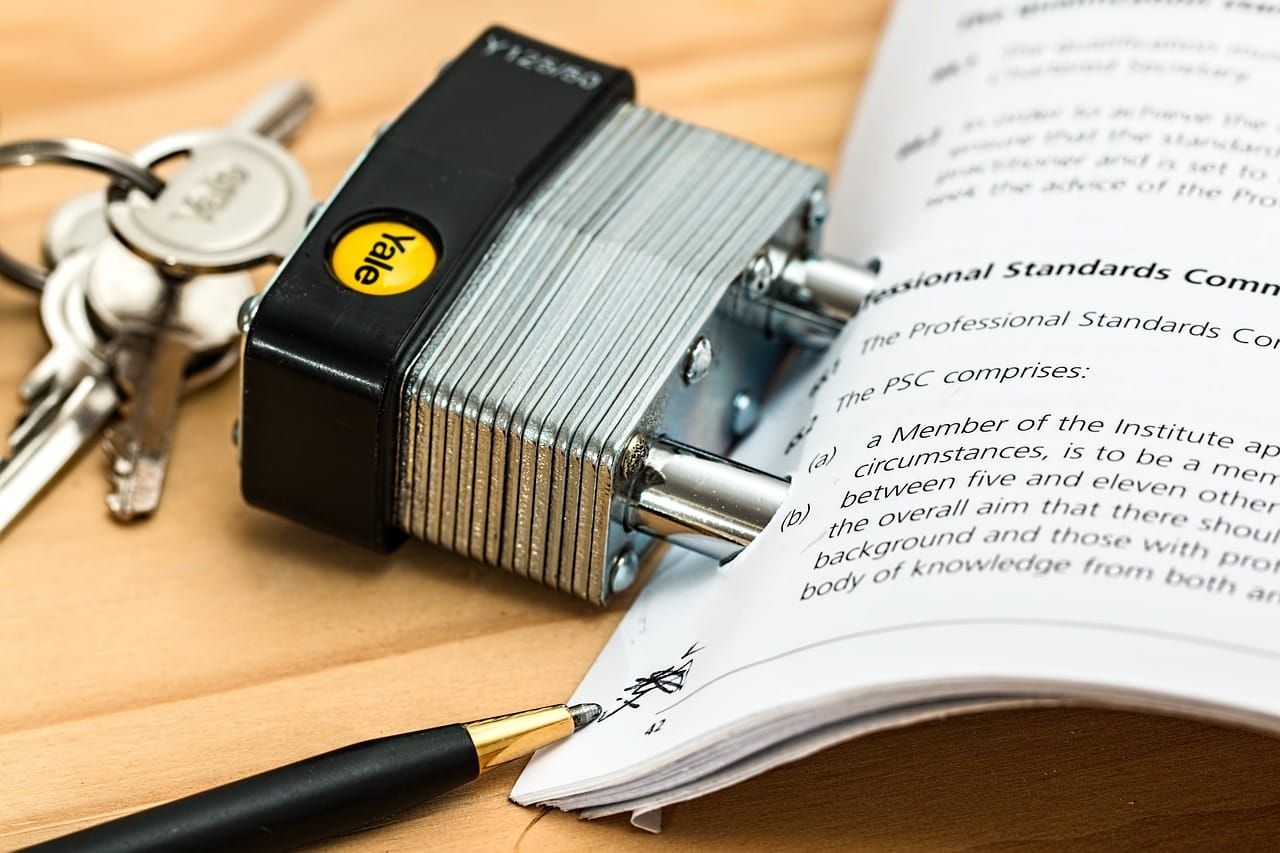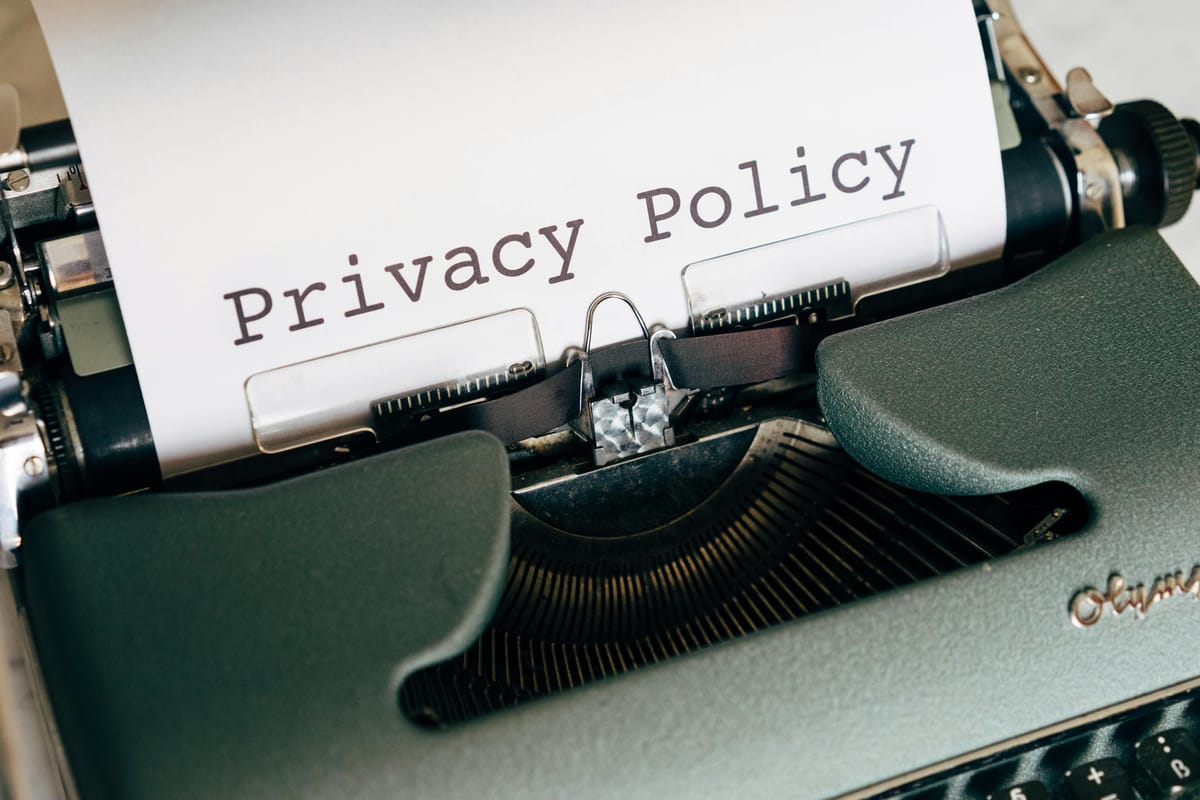Protecting personal information has become very important in this digital age where emails are a normal way of communicating. Businesses must follow strict rules about how to handle personal information now that the General Data Protection Regulation (GDPR) is in place. What about email names, though? Are they protected by the GDPR rules? This blog post will go into detail about how GDPR affects email addresses. We will look at why email addresses are personal data, what happens if you don't follow the rules and the best ways to handle email data in a way that meets GDPR standards. Come with us as we try to figure out what GDPR means for email addresses and how it works.
What does GDPR Stand For?
The EU put in place the General Data Protection Regulation (GDPR) in May 2018. It is a comprehensive rule that protects personal data. Its goal is to make sure that people in the EU can protect their personal data and privacy rights. If a business is located in the EU or handles the personal data of EU people but is not in the EU, GDPR has a big effect on both of them.
GDPR's main goal is to give people more control over their personal data and make sure that all EU member states follow the same rules for protecting data. It lays out some important rules and principles that businesses must follow when dealing with personal information like email addresses.
GDPR describes personal data as information that can identify a person. Names, addresses, phone numbers, and even email addresses can be on this list. The rule refers to both automated and manual systems for processing personal data.
It is important to remember that GDPR refers to both people who control data and people who process data. The data controller decides the goal and way to process personal data. A data processor, on the other hand, does the processing for the data controller. This difference is very important for knowing what GDPR requires and what people are responsible for.

How GDPR Applies to Email Addresses
GDPR treats email addresses like any other type of personal data. One way or another, email names can be used to figure out who someone is, so they are personal information. GDPR makes rules that companies that collect, store, or use email addresses must follow because of this.
Defining Personal Data under GDPR
According to GDPR, personal data includes any information that can be used to get more details about a person. There are names and addresses in these, which are easy to spot, as well as IP addresses, cookie data, and yes, email addresses. The broad definition of personal data means that people are in charge of their data, even when it's in the digital world.
Why Emails Are Personal Data
Email names reveal the identity of people, which allows the collection of personal information. If someone gives you their email address, you can talk to them directly. Often, the person's name or letters are in the email address, which makes it easy to find them. People also use email addresses to log in to many online services and sites, which makes them even more linked to what people do and how they use the internet.
What Happens When You're Non-Compliance
If people and businesses don't follow GDPR rules about email addresses, they could get into a lot of trouble. Not following the rules could result in significant fines, damage to your reputation, or even legal action against you. If someone breaks GDPR in the worst way, they can be fined up to €20 million or 4% of their global annual income, whichever is higher. This is why companies need to know the GDPR rules and follow them when they deal with personal data like email addresses.
It's time to look at how to handle email addresses in a way that meets GDPR standards. We now know why email addresses are personal data and what could happen if you don't follow the rules.

How to Make Sure Companies Are in Line with GDPR
In order to follow GDPR, companies that deal with email addresses need to protect personal data by following certain rules and taking the right steps. This part will talk about the key steps and things to think about when handling email addresses in a way that follows GDPR rules.
Getting Authorization to Gather Emails
A person must give clear, informed permission for a company to collect and use their email address before the company can do so because of GDPR. People should have free, easy, and clear permission to know what will be done with their email addresses. A clear privacy policy lets people know how their email addresses will be used, saved, and kept safe.
Keeping the Collected Email Addresses
It is important for a business to safeguard email addresses from unauthorized access, loss, or misuse. In order to keep email data safe, this means setting up the right security tools, such as encryption, routers, and access controls. Perform security checks and audits daily to ensure the safety of personal information.
Data Breach and Notifications Alerts
If someone hacks into email addresses, businesses must follow GDPR's rules for telling people about the breach. They have 72 hours from the time they find out about the breach to tell the right data security body. They need to explain what happened, how it affected people, and what steps were taken to lower the risks in their reports. Also, it is very important to tell the people right away whose rights and freedoms were broken if the breach is a major threat to those rights and freedoms.
Companies can make sure they follow the GDPR rules and handle email addresses in a way that respects people's privacy and keeps their personal data safe by following these steps. We'll talk about the best ways to handle email data in light of GDPR in the next section.

Best Practices for Email Data Management
Implementing best practices for email data management is crucial for ensuring GDPR compliance and safeguarding the privacy of individuals. In this part, we'll talk about some important things that companies should do when they deal with email data.
Encrypting Email Addresses
One effective way to protect email addresses from unauthorized access is to encrypt them. Encryption transforms the data into an unreadable format that only someone with a decryption key can decipher. Encrypting email addresses prevents unauthorized individuals from reading or using stolen information. This is why it's important to keep your email addresses safe.
Regularly Deleting Unnecessary Email Data
Regularly deleting unnecessary email data is important for lowering the risk of data breaches and keeping less personal information. To keep information safe, companies should set rules for how long to keep email addresses and when it's safe to delete them. By following these rules, businesses can be sure they are following GDPR's data reduction principle.
Training Staff on GDPR Compliance
Companies should teach and train their staff on how to follow GDPR to ensure a safe workplace that values privacy. Also, always keep email data safe. Everyone in the company should know how to get permission and spot possible security risks. It is important to make sure that everyone in the company knows what GDPR rules they need to follow by giving them regular training and information.
These best practices can help businesses handle email data better and make sure they meet GDPR requirements. The next part will look at real-life case studies that will help us understand how GDPR changes email addresses better.

Case Studies: Examples of Companies That Have Used GDPR and Other Data Protection Rules in Their Email Marketing Campaigns
To fully understand how GDPR affects email addresses, it is helpful to look at real-life case studies that show both instances of compliance and instances of non-compliance. In these case studies, organizations have talked about how they have dealt with the complicated rules of GDPR when it comes to email addresses.
Examples GDPR Compliance
Nestle
Nestle put in place a data protection plan that was both in line with GDPR and their business values. They set up a system that gave customers power over their personal information and let them see it when they asked to. They also created a system for customers to report any problems or breaches of data, showing their commitment to being open and accountable.
Airbnb
After GDPR became law, Airbnb made a full email marketing plan to make sure they were following the new rules. To make sure they had permission, they told their readers in emails why they were collecting information and what they were going to do with it. They also made a preference center where users could change the kinds of emails they got and how often they got them.
Mailpro
They made a tool to help email marketers follow GDPR rules. It includes a box that people can click on in the form to subscribe to its newsletter to confirm that they agree, and that information is saved in the address book. Mailpro also gives users a link called "My Data" that lets them see their address book information. They can download it, change it, or delete it if they don't like it. Mailpro also lets users delete their accounts and data by clicking on the information about their account.
Examples GDPR Non-Compliance
Amazon Europe - €746 million fine (2021)
GDPR breaches: not following the general rules for handling data
A record-setting €746 million fine was given to Amazon Europe by Luxembourg's National Commission for Data Protection (CNPD) in 2021. For using customer data for focused advertising. The French privacy rights group La Quadrature du Net sent a report in 2018.
More than 10,000 customers signed the lawsuit, which also went after Apple, Facebook, Google, and LinkedIn. The lawsuit said that Amazon had cheated customers out of money by using ads and information they saw.
The CNPD said that Amazon had to promise to change how it does business.
TikTok Ltd - €345m fine (2023)
GDPR breaches: Art. 5 (1) c), 5 (1) f), Art. 12 (1), Art. 13 (1) e), Art. 24 (1), Art. 25 (1), (2)
TikTok was fined €345 million by the Irish Data Protection Commissioner (DPC) for breaking several GDPR rules, such as making the accounts of 13–17-year-old users public by default. Not only did they not hide underage users from the public. But they also did not give them clear information and did not check to see if the adult who "paired" with the child in the "family pairing" plan was a parent or guardian.
The DPC also said that TikTok didn't think about the dangers that underage users who got into the platform offered.
H&M - €35.3m fine (2020)
GDPR breaches - Articles 5, 6
In 2020, the Data Protection Authority in Hamburg fined H&M €35m for the illegal surveillance of its employees.
Employees who were sick or on vacation had to go to a "return-to-work" meeting. More than 50 H&M managers could view the recordings of some of these meetings because the company had them.
Because of this, the company kept "excessive" records at its Nuremberg service center on the families, religions, and diseases of its employees. The company then evaluated their performance and decided whether to keep them.
These case studies show how important it is to follow GDPR rules when dealing with email addresses. They stress how important it is to get permission. Set up strong security, train staff regularly, and take care of any problems right away, such as data breaches or not following the rules. Businesses can learn important lessons from these real-life examples that will help them make sure they follow GDPR rules when they deal with email addresses.
